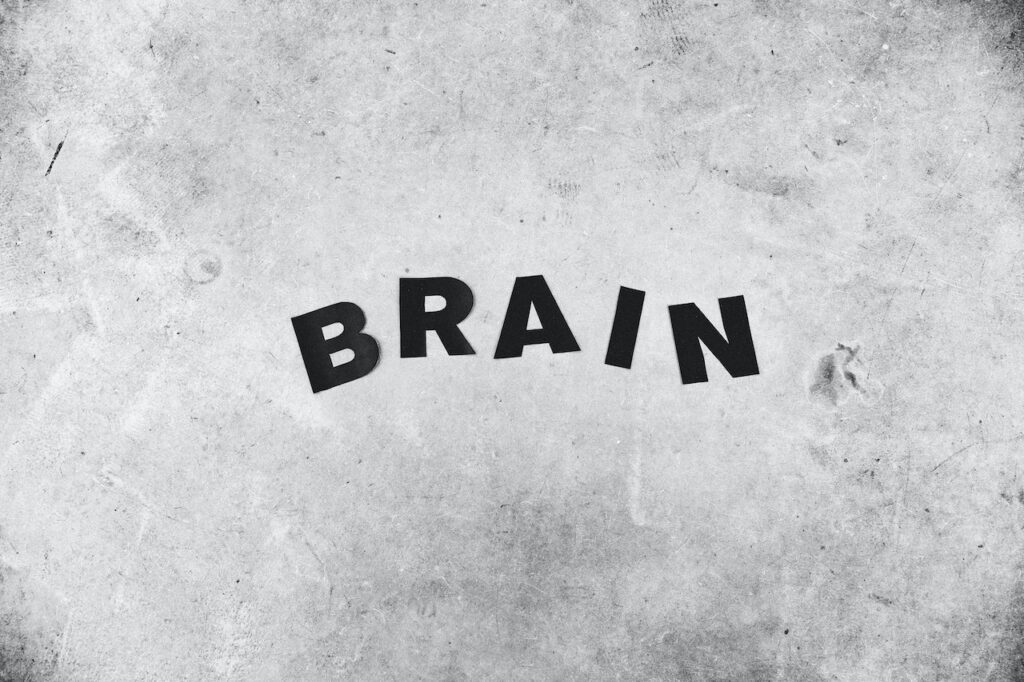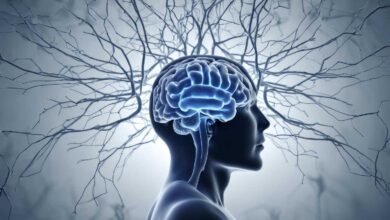Study signifies brain stimulation enhances mathematical skills
Neurostimulation, a cutting-edge technique referring to mild electrical currents provided through scalp electrodes, was at the core of this investigation.

A collaborative research effort that brought together the universities of Surrey and Oxford, Loughborough University, and Radboud University in the Netherlands, delved into the potential of neurostimulation to enhance mathematical learning. Specifically, they explored the use of high-frequency transcranial random noise stimulation (tRNS) to stimulate particular brain regions and improve the mathematical abilities of study participants. Led by Professor Roi Cohen Kadosh from the University of Surrey, this study sheds light on the fascinating impact of brain stimulation on mathematical proficiency.
The research aimed to explore the efficacy of tRNS in enhancing cognitive functions related to learning
This investigation centered on neurostimulation, an advanced method that entails the application of gentle electrical currents through electrodes placed on the scalp. The research team’s objective was to determine if tRNS (transcranial random noise stimulation) could enhance brain activity related to learning, ultimately improving mathematical proficiency. Professor Cohen Kadosh, a leading authority in cognitive neuroscience, elucidated the pivotal role of learning in human existence and highlighted the potential of neurostimulation to enhance the acquisition of knowledge and the development of skills in an interview with the Independent.

The research involved 102 individuals who underwent a thorough assessment of their mathematical proficiency before the experiment commenced. The participants were divided into four distinct groups: one group focused on standard learning, and another on “overlearning,” where individuals practiced mathematical tasks beyond their mastery levels. These two groups received tRNS (transcranial random noise stimulation) during the study. The remaining two groups were administered a placebo treatment, which simulated the stimulation but lacked substantial electrical currents. Throughout the study, changes in brain activity were monitored using electroencephalogram (EEG) recordings, both at the beginning and conclusion of the research.
Participants with lower initial brain excitability in mathematical tasks demonstrated significant enhancements in their mathematical abilities
The study’s findings indicated an intriguing connection between initial brain “excitability” concerning mathematics and the impact of tRNS. Participants who exhibited lower brain excitability for mathematical tasks demonstrated notable improvements in their abilities following stimulation. In contrast, those who initially performed well on maths assessments or were part of the placebo groups experienced no significant changes. These results emphasise the potential of tailored neurostimulation approaches to enhance learning outcomes and shed light on optimal timing and course for applying this technique.
Dr. Nienke van Bueren, who spearheaded the study under the guidance of Professor Cohen Kadosh, emphasized the implications of their discoveries. The research indicates that individuals with lower brain excitability for mathematics may exhibit greater sensitivity to electrical noise stimulation, resulting in enhanced learning outcomes. Conversely, individuals with high brain excitability may not experience the same benefits. This research hints at the potential for a more personalized approach to learning and provides valuable insights into the optimal utilization of neurostimulation techniques.
Please, also have a look into : Bharatpur and Mathura are the new cyber crime hotspots, bypassing Jamtara and Nuh: study



